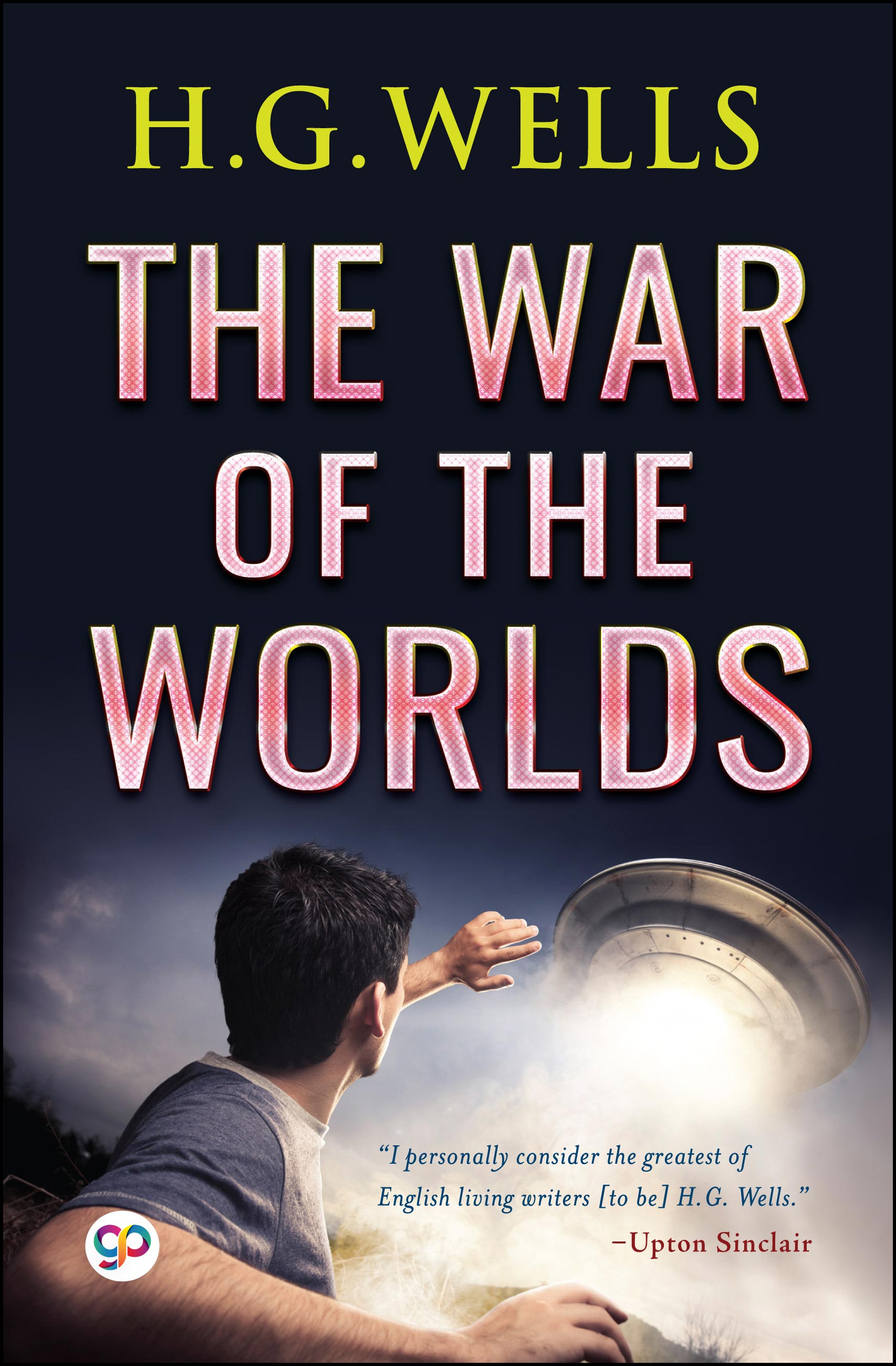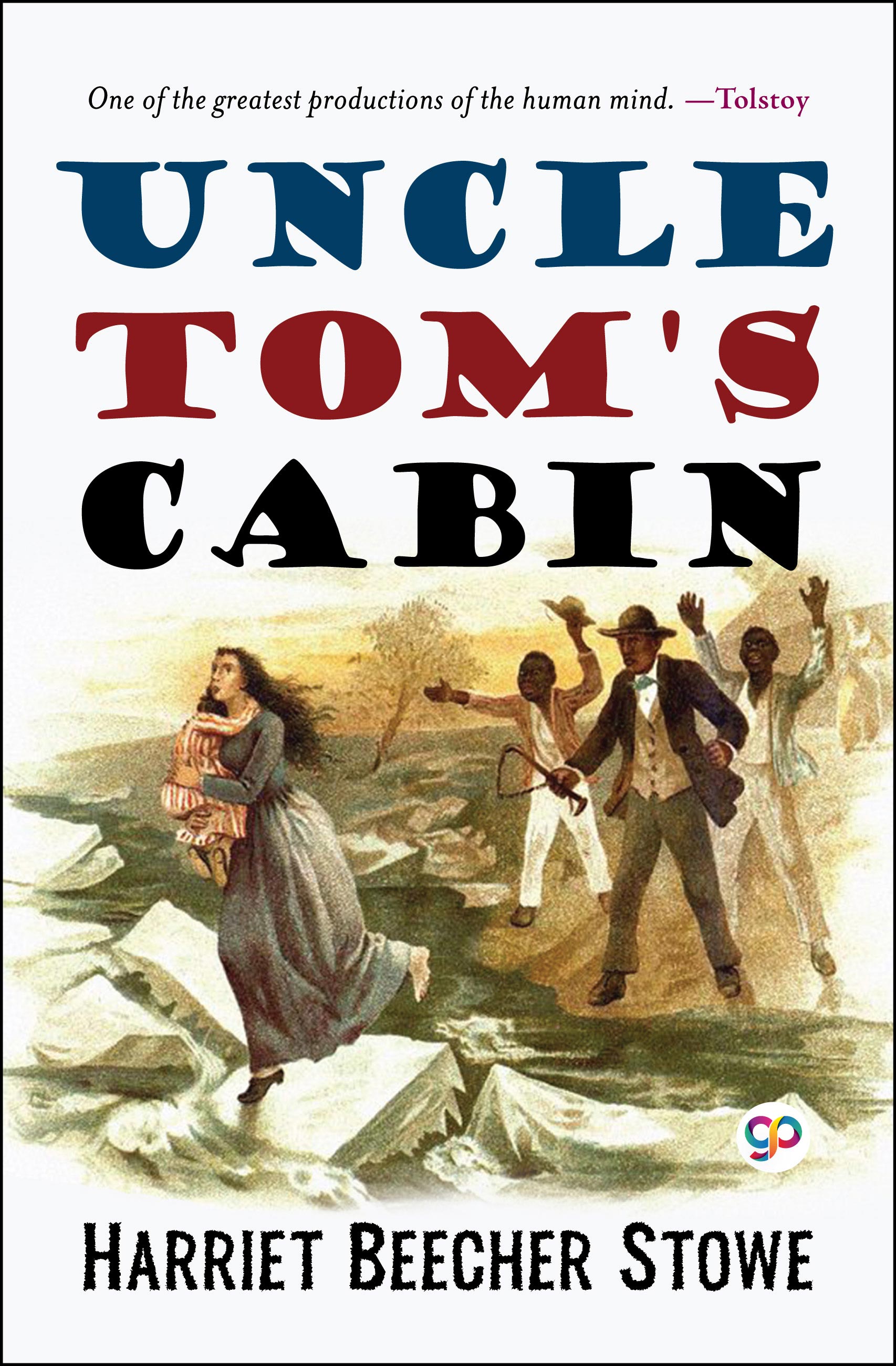
The War of the Worlds (eBook)
In The War of the Worlds (1898) H. G. Wells invented the myth of invasion from outer space. Martians land near London, conquering all before them, and ruin the metropolis; the fate of civilization and even of the human race remains in doubt until the very last. The War of the Worlds is disturbingly realistic both because of its setting -- Wells bicycled the route the Martians take on landing -- and because of its characters: the superstitious curate, boastful artilleryman, and enterprising medical student are believable if not sympathetic figures, as well as signifying types of fin-de-siecle change and vision. The novel exemplifies most dramatically the scientific scepticism and vivid narrative imagination which make Wells the pre-eminent founder of modern science fiction. As life on Mars becomes impossible, Martians and their terrifying machines invade the earth.
BEST SELLERS
About the Author
HG Wells (Herbert George, 1866) was born to a working class family in Kent, England. Young Wells received a spotty education, interrupted by several illnesses and family difficulties, and became a draper's apprentice as a teenager. The headmaster of Midhurst Grammar School, where he had spent a year, arranged for him to return as an 'usher', or student teacher. Wells earned a government scholarship in 1884, to study biology under Thomas Henry Huxley at the Normal School of Science. Wells earned his bachelor of science and doctor of science degrees at the University of London. After marrying his cousin, Isabel, Wells began to supplement his teaching salary with short stories and freelance articles, then books, including 'The Time Machine' (1895), 'The Island of Dr. Moreau' (1896), 'The Invisible Man' (1897), and 'The War of the Worlds' (1898). Wells created a mild scandal when he divorced his cousin to marry one of his best students, Amy Catherine Robbins. Although his second marriage was lasting and produced two sons. His 100 books included many novels, as well as non-fiction, such as 'A Modern Utopia' (1905), 'The Outline of History' (1920), 'A Short History of the World' (1922), 'The Shape of Things to Come' (1933), and 'The Work, Wealth and Happiness of Mankind' (1932). Wells used his international fame to promote his favorite causes, including the prevention of war, and was received by government officials around the world. He is best-remembered as an early writer of science fiction and futurism.











